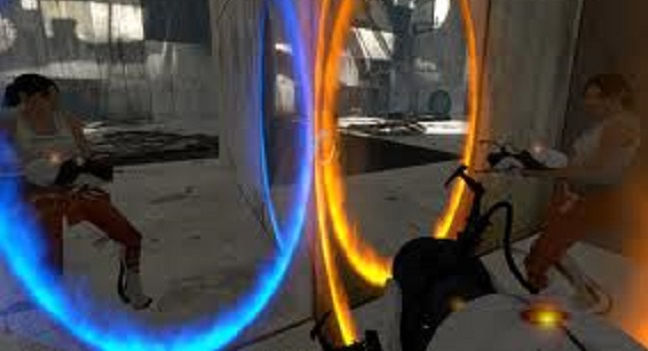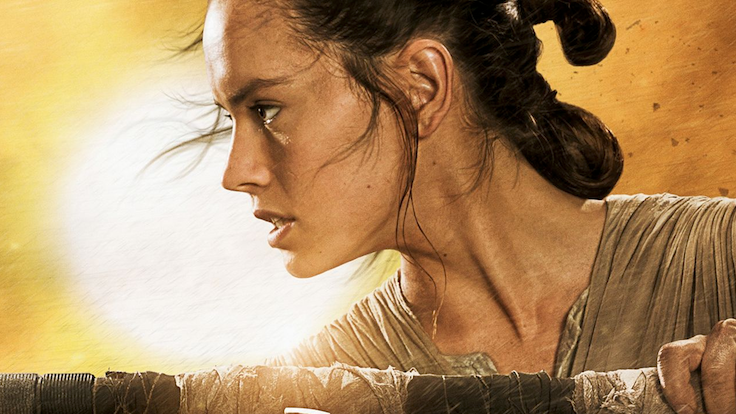So I have to make a confession to make, I tend to taunt casual gamers relentlessly. Not because their not gamers, but because it’s just fun. Especially since I go through periods where all of my gaming happens on my phone or tablet. But I have to admit that I was dumb founded by the recent success of Kim Kardashian’s freemium game, Hollywood. So I did it. I installed the game on my phone just to check it out. That was like a month ago and I have yet to uninstall it and I’m kind of addicted. Yes, I know it’s a shallow game where you play dress up, flirt with strangers, model for second rate companies, and try to make it all the way to the level of B-class celebrity. But after playing the game for a while I really started to see some interesting things in this game.
Hollywood is actually a mechanically solid game….there, I said it. The game actually acknowledge differing sexual orientation (in a cursory way) by asking you specifically if you would prefer to date men or women, but it gives and it taketh away. The way that you get people to fall in love with you is to buy them clothing and accessories and taking them out for expensive dinners and drinks. But absent this, Hollywood feels less like another time management freemium game and more like a pretty solid RPG.
 Gameplay is driven by a series of quests that range from traveling from town to town and doing photo shoots to getting into exclusive parties and increasing your reach on a Twitter like social network. You get XP in the guise of Twitter followers (in game) and you can actually level up your clothing (armor style). There are also some less obvious elements like the inclusion of skill trees in the form of the leveling of base vanity items and labels like “Big Spender” and “Foodie”
Gameplay is driven by a series of quests that range from traveling from town to town and doing photo shoots to getting into exclusive parties and increasing your reach on a Twitter like social network. You get XP in the guise of Twitter followers (in game) and you can actually level up your clothing (armor style). There are also some less obvious elements like the inclusion of skill trees in the form of the leveling of base vanity items and labels like “Big Spender” and “Foodie”
One of the things that this game has really caused me to do is to think more about games that have good mechanics and “bad” content (bad being subjective) and what this combination of things means for games and game design. Are all well designed games actually “good” for the industry or do they somehow harm the industry or dumb down games as a whole. And perhaps this is more of an elitist gamer question. Am I expecting games to live up to some kind of canonical standard? Do all good games have to be artful? All of these are questions to throw out, but in the meantime I might just have to go and drink some sponsored vodka in a hot new club in Miami…in the game.




